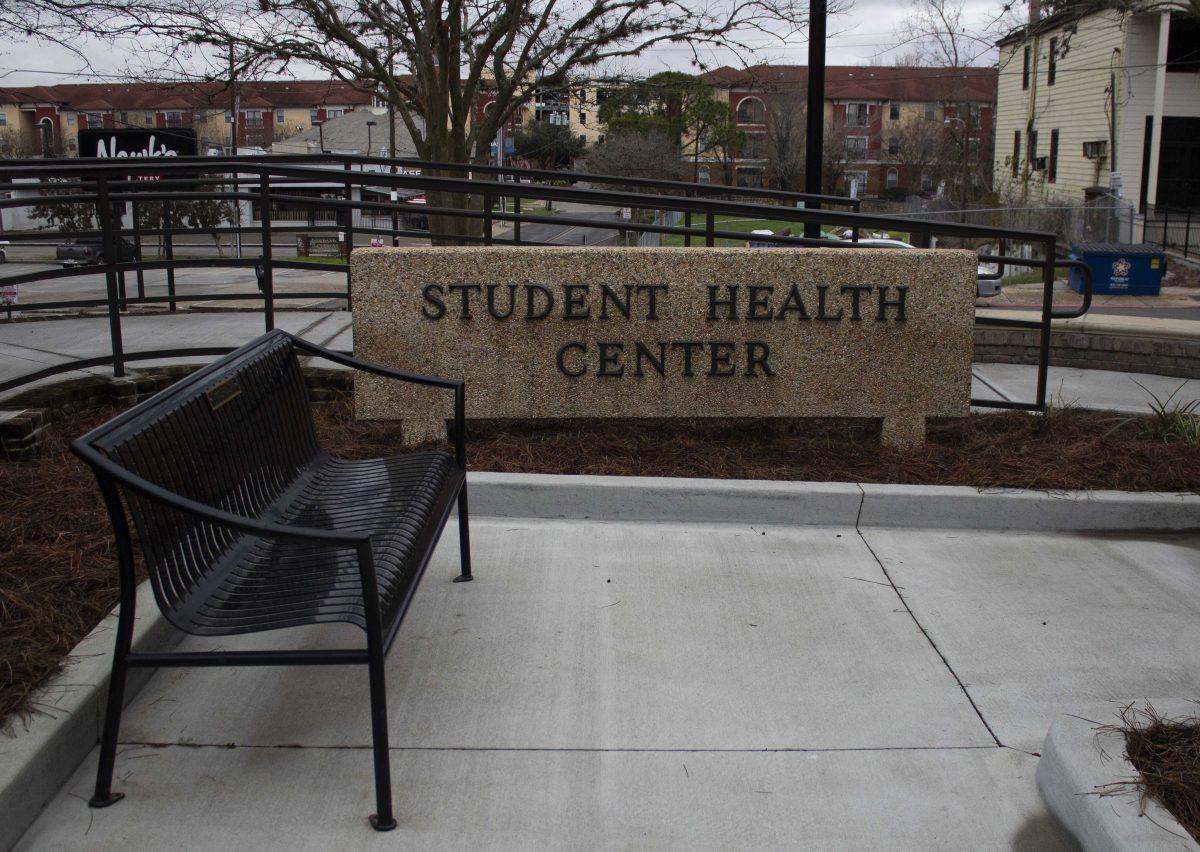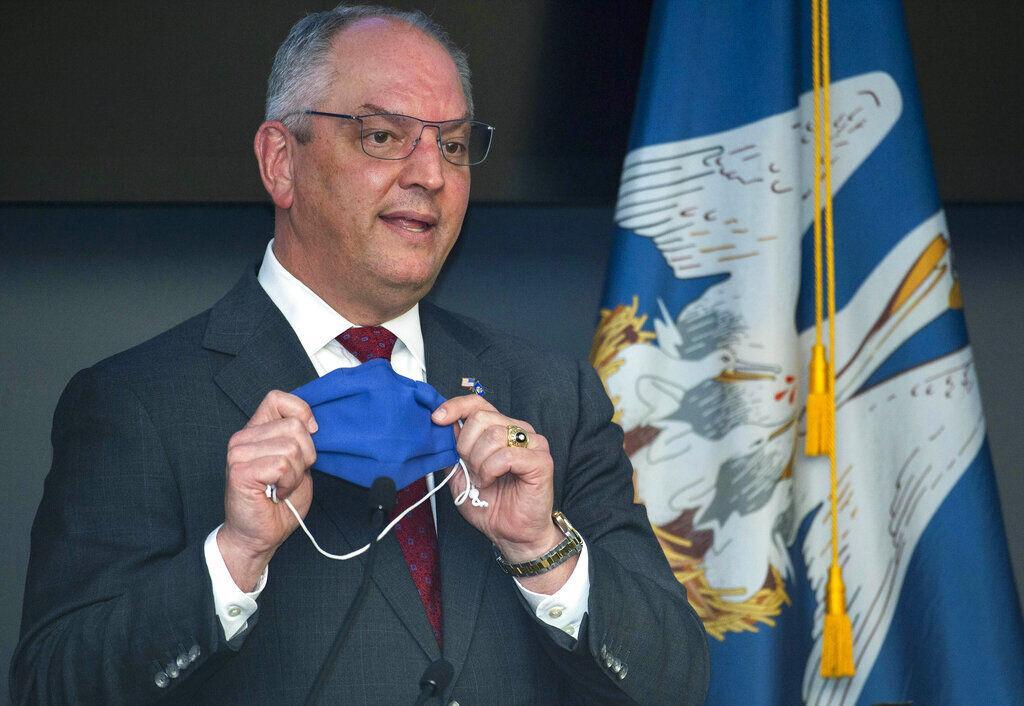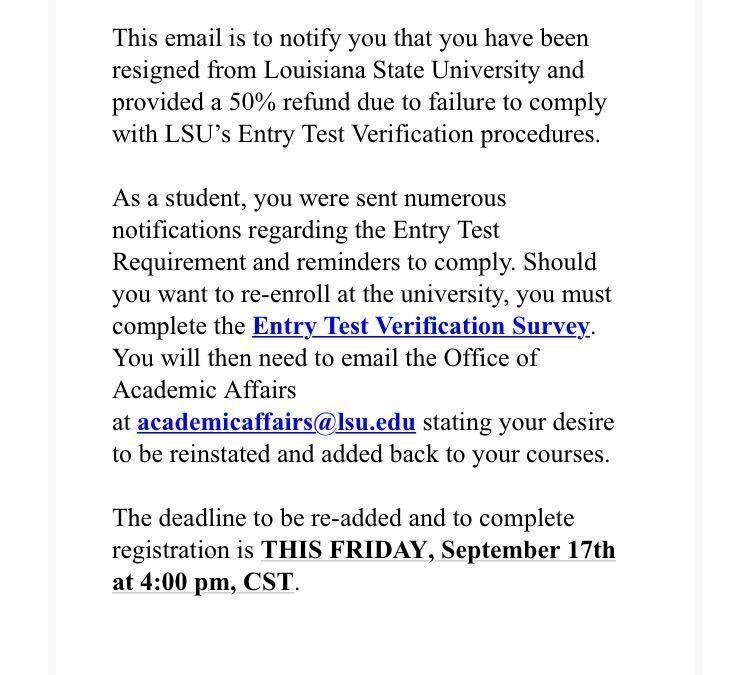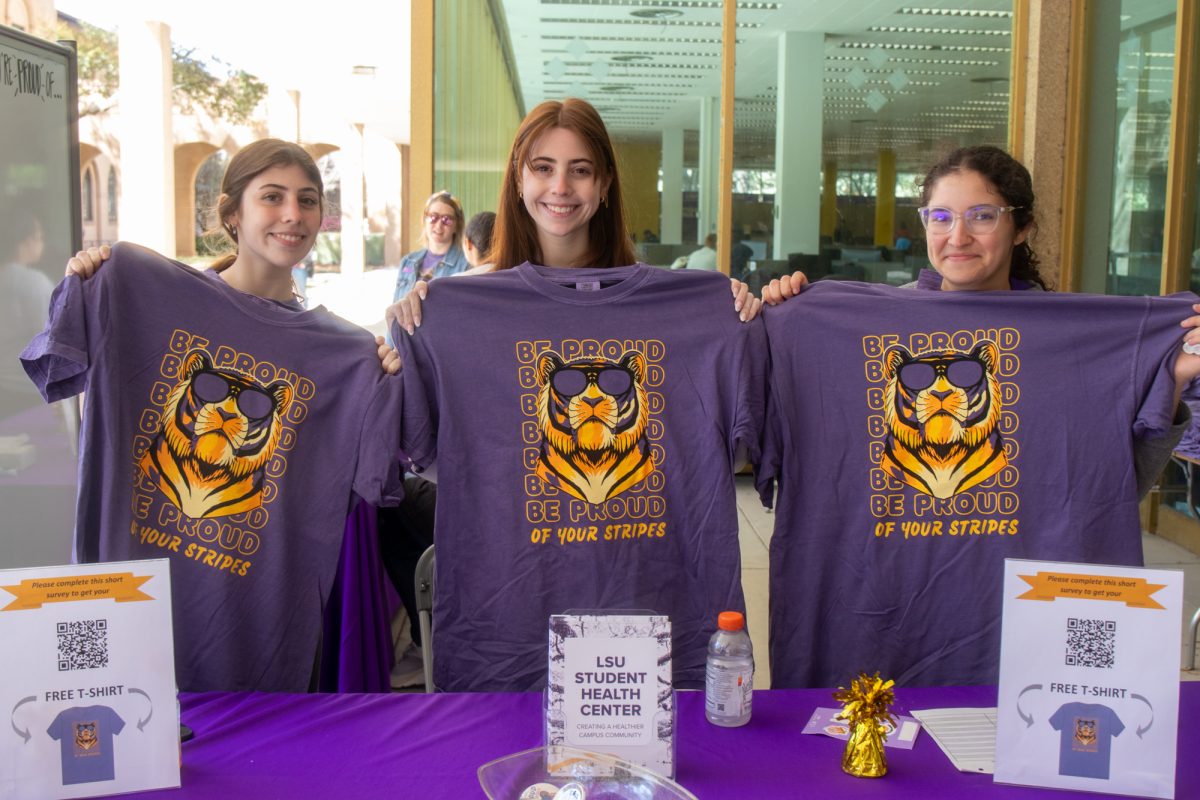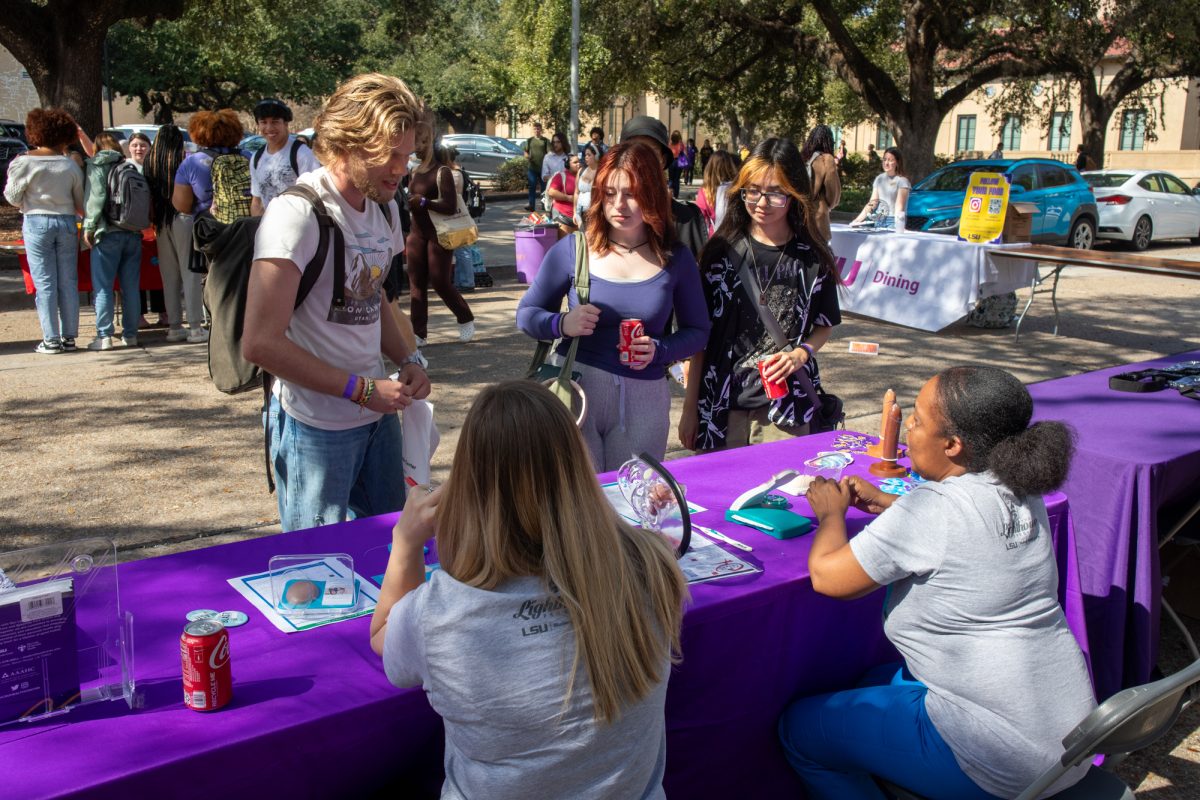The 2019 coronavirus has become a more substantial threat to the U.S., federal health officials said on Tuesday. The disease’s origins can be localized to Wuhan, China. The virus was discovered in late 2019 and has since spread at an alarming rate. The disease causes pneumonia-like symptoms, and according to the CDC, is believed to have been first caused by human-animal interaction. The disease causes fever, cough and shortness of breath. The symptoms are said to be noticeable within two to 14 days after exposure.
As of Feb. 26, 44 countries have confirmed cases of the novel coronavirus, including the United States. There have been over 60,000 cases of the disease worldwide, over 1,000 of which have been fatal. This outbreak is now more deadly than the 2002-2003 SARS outbreak in China, which killed 774 people globally. The disease is airborne, and new cases are confirmed every day.
Confirmed cases discovered at Arizona State University sparked high anxiety for college health officials across the country trying to prevent the disease from reaching their campuses. Multiple universities experienced false alarms, mistaking more common ailments for the virus. However, cases have been officially confirmed in Arizona, Illinois, Texas and California.
The LSU Student Health Center has released a coronavirus fact sheet on the LSU patient portal. The sheet details the symptoms of the virus, as well as preventative measures individuals can take to narrow chances of encountering the virus.
While there is no vaccine available for the virus, the Student Health Center recommends a list of proper hygiene practices from the Center of Disease Control. Tips include staying home when sick, avoiding contact with sick people, covering coughs and sneezes with a tissue and disinfecting frequently touched objects such as phones and keyboards. Individuals are also advised to wash hands with soap and water for at least 20 seconds, and, if soap and water is not readily available, use an alcohol-based sanitizer.
LSU Director of Wellness and Health Promotion Rebecca Fontenot said it is important to alert health care professionals if there is a reasonable risk of disease exposure.
“On the exterior doors of the Student Health Center we have signs posted that if you have traveled to China or believe you have been exposed to someone recently with coronavirus to notify our main chain-in desk and let them know when you arrive,” Fontenot said.
The signs also have a QR code with a link to the CDC fact sheet regarding the virus.
There are no confirmed coronavirus cases in Louisiana, according to the Louisiana Department of Health, but public health officials are working to identify and evaluate suspected cases.
On Tuesday, federal health officials warned that the new coronavirus will inevitably spread to the United States, according to The New York Times.
“It’s not so much of a question of if this will happen anymore but rather more of a question of exactly when this will happen,” Nancy Messonnier, director of the National Center for Immunization and Respiratory Diseases, said. “We are asking the American public to work with us to prepare, in the expectation that this could be bad.”
The U.S. has 60 cases of the disease, 40 of them connected to the Diamond Princess cruise ship that was quarantined after it docked in Japan. Those patients are still in isolation in hospitals, the New York Times reported.
Coronavirus concerns coincide with the University’s recent mumps outbreak.
The mumps outbreak was communicated Feb. 4 to students and faculty in a broadcast email after the first confirmed case was presented at the Student Health Center on Jan. 31, according to Fontenot. The Student Health Center confirmed 16 mumps cases as of Feb. 20.
The Student Health Center is open from 8 a.m. to 5 p.m. Mondays through Fridays and from 9 a.m. to noon on Saturdays.



